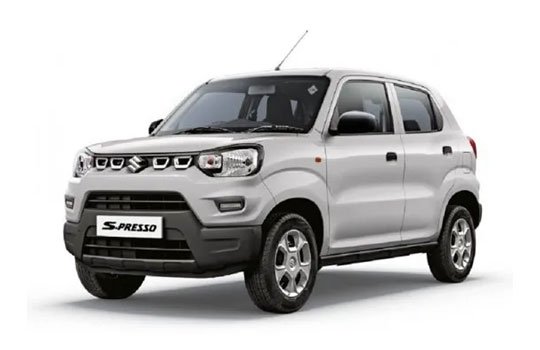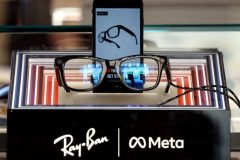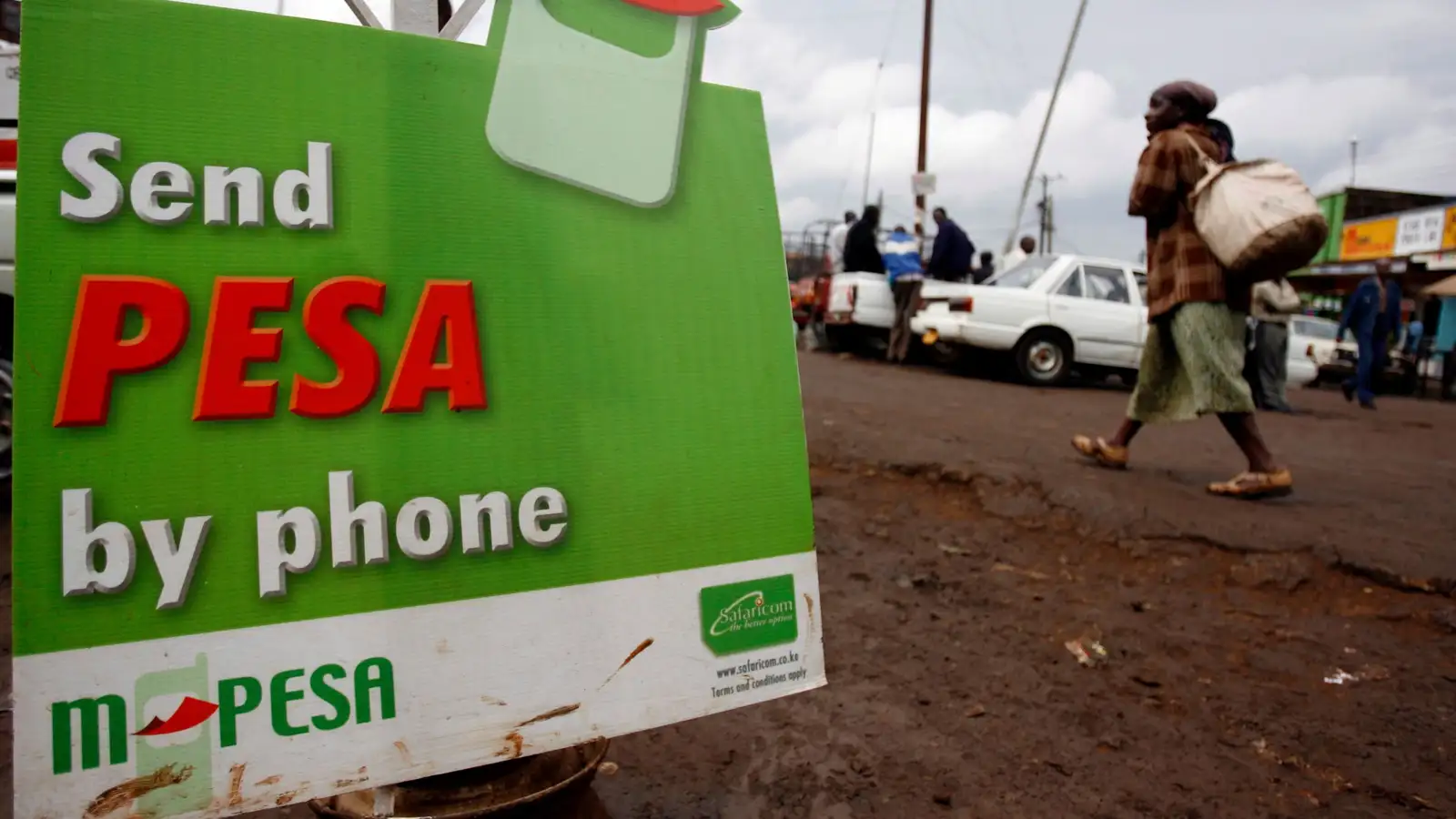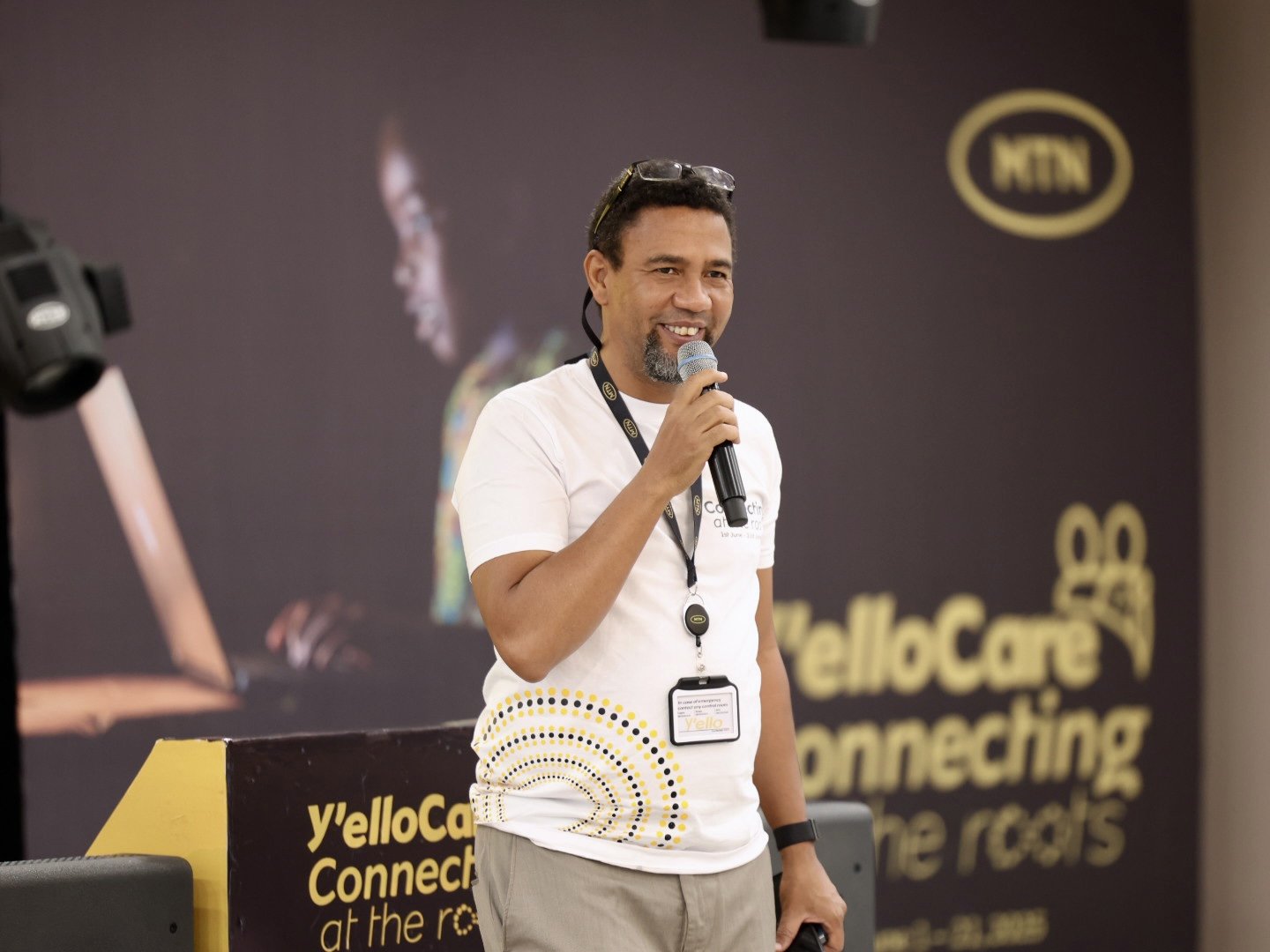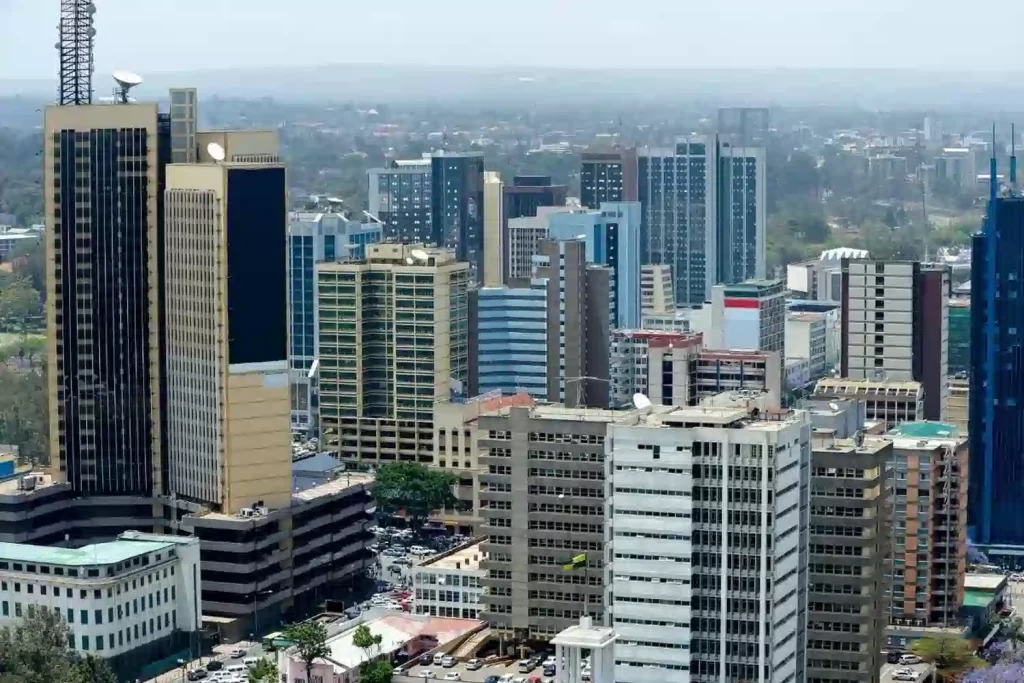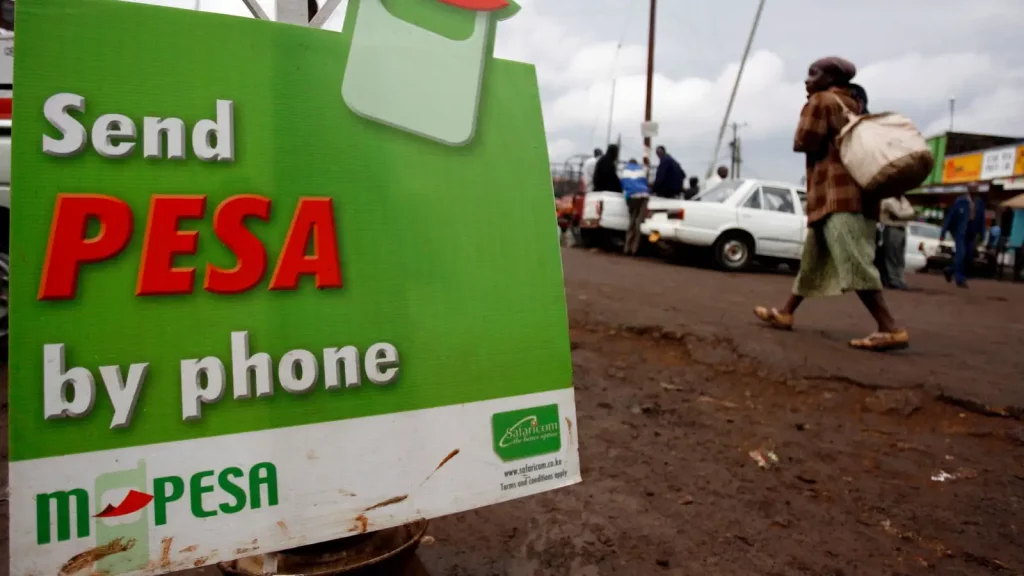Moove, the Nigerian-based mobility company recently valued at $750 million after raising $100 million, has said that an ongoing implementation of a geofencing plan limiting its drivers from plying specific routes is responsible for the perceived scarcity of its Suzuki S-Presso vehicle in its Lagos market.
The plan restricts the drivers to main city centres such as Ikeja Central Area, Surulere, Lekki, Victoria Island, and Ikoyi in Nigeria’s commercial capital, the only place Moove operates under the Uber brand in the country.
The company was responding to speculations that drivers are leaving the platform in droves due to an expensive daily remittance. Moove is also facing aggressive Lagos state task force officers who either impound the company’s vehicles or deflate their tyres. .
Moove told TechCabal that it is yet to start discussion with the government on bringing a solution to the constant harassments of its drivers.
Apart from getting beaten by touts, Moove drivers are also concerned about the conditions and the cost of operating on the platform. According to a driver who recently left the platform, drivers are limited to at most 12 trips within 12 hours for 6 days and are mandated to pay N9,400 per day for 48 months, in addition to the daily 25% commission to Uber.
Moove’s remittance rates are almost the same as Lagride, another drive-to-own e-hailing platform backed by the Lagos state government and managed by a private company, Ibile Holdings. Drivers on Lagride are expected to remit N9,000 per day to own the vehicle, in addition to a 25% commission (used to be 20% as of January) to the managing company. GAC was supposed to be maintaining the vehicles for the drivers, but a driver told TechCabal that the company has deviated from the plan and drivers are now required to maintain the car themselves with no compensation.
The agreement between Moove and Uber is such that drivers are allowed to lease the vehicles on a drive-to-own basis and drive under Uber. This means they remit a N9400 daily amount to Moove and also pay a 25% commission to Uber on every ride.
Taiwo Ajibola, regional managing director, Moove Nigeria, told TechCabal that enforcing the geofencing plan was aligned with the company’s original mission of targeting customers in specific urban areas, mainly commercial and industrial districts. Drivers in the past had been driving the Suzuki S Presso outside the specified geofencing which was responsible for the vehicle being seen in different parts of the state.
Ajibola said the rate at which drivers exited the platform has fluctuated over the years. He does not believe the cost of daily remittance is what’s driving many of the drivers away. He insists that the company is making efforts to make its services affordable. For example, Ajibola said, while the going rate for a brand new Suzuki S Presso is around N9.9 million, the last unit of the vehicles Moove acquired in 2022 cost far less because the company bought it in large volume. He declined to say the actual cost of the vehicle.
“We’ve had some churns as a result of maybe the driver had a change in the job that he had or some other reasons. But the rates have remained the same. The numbers keep fluctuating but really what we are seeing is negligible statistically speaking it is less than what would be any significant impact on the business,” Ajibola said.
Suzuki S Presso is supplied in Nigeria by CFAO under a drive-to-own arrangement by Moove Africa. Before the S-Presso units were launched into the Nigerian market, Moove drivers were using Suzuki Alto which has a lower purchase price than the S Presso.
Mike Ojeh, a former Uber driver, told TechCabal that he doesn’t have a problem with the N9400 repayment to Moove. In 2022, he leased a Suzuki Alto, which is cheaper than an S Presso, and was paying N7000 daily to Moove as repayment for the vehicle, as well as Uber’s commission and a maintenance fee. The conditions for 12 rides in 10 hours per day were a major highlight for him, as he always met his target and was able to make more rides to take money home.
Over 218 drivers have graduated from the Moove drive-to-own initiative, according to Ajibola.









